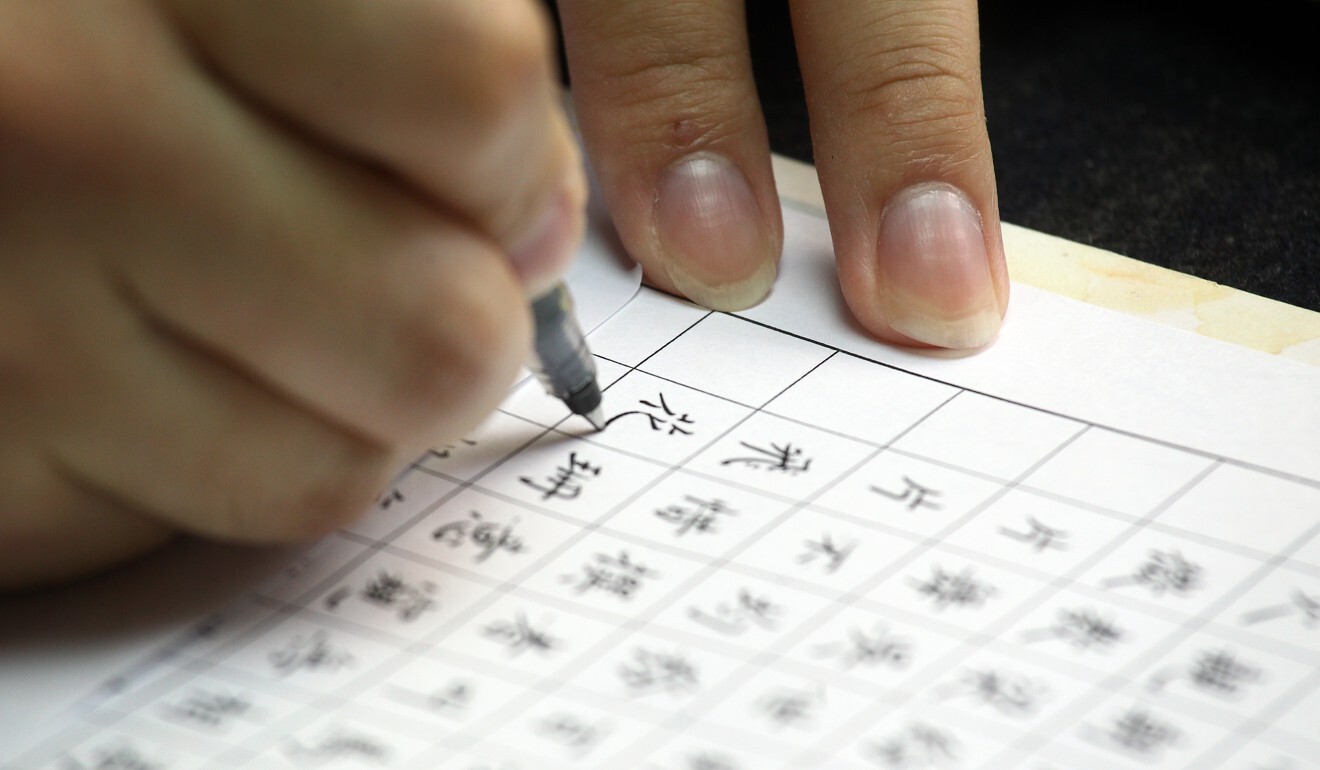
What’s in a name? For Hongkongers, more than you might think
- Many Chinese believe the right name can steer their offspring towards health, virtue or success in business
- Some even change their names as adults to maximise their luck, though the help of a good fortune-teller is recommended
Many Hongkongers believe in the saying, “Chinese are not afraid of being born into a bad life, but no one wants to be given an unlucky name.”
Picking the right name is everything for the Chinese, no matter where in the world they are or which diaspora they come from.
In the old days, Chinese names carried an enormous weight, reflecting heritage as well as familial pride and fortune. But today’s names are dictated by personal preference rather than abiding by familial duty. People also want their names to sound cool or will select a name with auspicious connotations.

Chinese parents who want their children to grow up healthy, get a prestigious education, be financially successful, and have a happy family often give them names with sing, which means “success”, hong for “healthy”, fuk for “fortune”, or fu, which means “wealth” in Cantonese. These are normally reserved for boys.
As for girls, many Chinese parents select characters like mei for “beautiful” or sin, which means “virtuous”.
Naming a child is a reflection of not only familial heritage but sometimes familial character. In the old days, families that had many children would incorporate numbers in the names so as to easily distinguish them by age. They basically numbered them from “1” for the oldest, and so on.
In the old days, families that had many children would incorporate numbers in the names so as to easily distinguish them by age
The tradition of naming a child is a good business too. People go to fortune-tellers and pay top dollar to seek their knowledge and insights, including the best name for a child. The name has to go well with the surname, and it must be suitably chosen to boost the luck of the child as well as their family.
For example, if the time, date, month and year of birth of the child shows a lack of certain elements like “fire”, the name choice will reflect more “fire” to compensate, so as to give the child a good meng – which is their life or destiny.
When choosing a name, the fortune-teller also has to make sure the number of strokes in the Chinese characters fits the baby’s meng (i.e. whether it’s compatible with their time, date and year of birth).
It’s believed that certain numbers of strokes are good for girls, while some are better for boys.
The good news is you can change your name to help “level up” your luck any time you want, provided you seek professional advice from a fortune-teller or a master of naming.

Of course, we cannot do much about our surname, except for women, who tend to change their maiden names after marriage. But we can change our luck or at least boost it by changing our first name.
I once met a woman who changed her name every few years because she believed the luck cycles changed all the time, so she wanted to maximise her luck depending on the “elements” of a particular year.
According to Chinese numerology, a name change can make up for the deficiencies you have in life. It’s believed that the time, date, and year of a person’s birth affect the quantity of the five elements – metal, wood, water, fire and earth – in their life.
That’s why we sometimes hear fortune-tellers say a person is likely to encounter certain difficulties professionally, to be constantly arguing with their partner, or experience ongoing difficulties with their children. The right name could very well improve – or even reverse – bad fortunes.
The theory is based on the yin-yang balance with the five elements, which play a significant part in allowing a child to grow and live in harmony with their surroundings and go on to live a healthy, happy and successful life.
Sometimes, it’s believed that when a name is in imbalance with the five elements or in contrast to one’s surroundings, it will not only bring bad luck to the individual but could also seriously affect the health and luck of their parents.
Therefore, we sometimes hear Hongkongers describe someone as jinxed by saying they are tor seoi ga, which means they are doomed to drag their family through a life of bad luck.
In fairness, no one is born into a perfect life, because it’s rare for anyone to have all five elements in balance, but a well-chosen name can at least retune the elements.
Very often, a name is more than just something you use to distinguish yourself from others, it also affects the way others see you.
Years ago, I met a Hong Kong businessman who was introduced to me as Tung Si-jeung. So, I asked him what his name was because Tung Si-jeung in Cantonese means “president of a company”. Then he told me that’s his full name. He said Tung was his surname and his parents named him Si-jeung because they thought it was an auspicious choice as they hoped their son would have a successful career when he grew up.
Even more confusing, he was, in fact, the manager of the company he was working for, so it was quite hilarious when he introduced himself as Tung Si-jeung and manager at the same time.
You can decide for yourself whether adding the missing elements into your name or placing a strong emphasis on certain Chinese characters would actually alter your fate.
Luisa Tam is a Post correspondent who also hosts Cantonese-language video tutorials that are now part of Cathay Pacific’s in-flight entertainment programme
Help us understand what you are interested in so that we can improve SCMP and provide a better experience for you. We would like to invite you to take this five-minute survey on how you engage with SCMP and the news.

